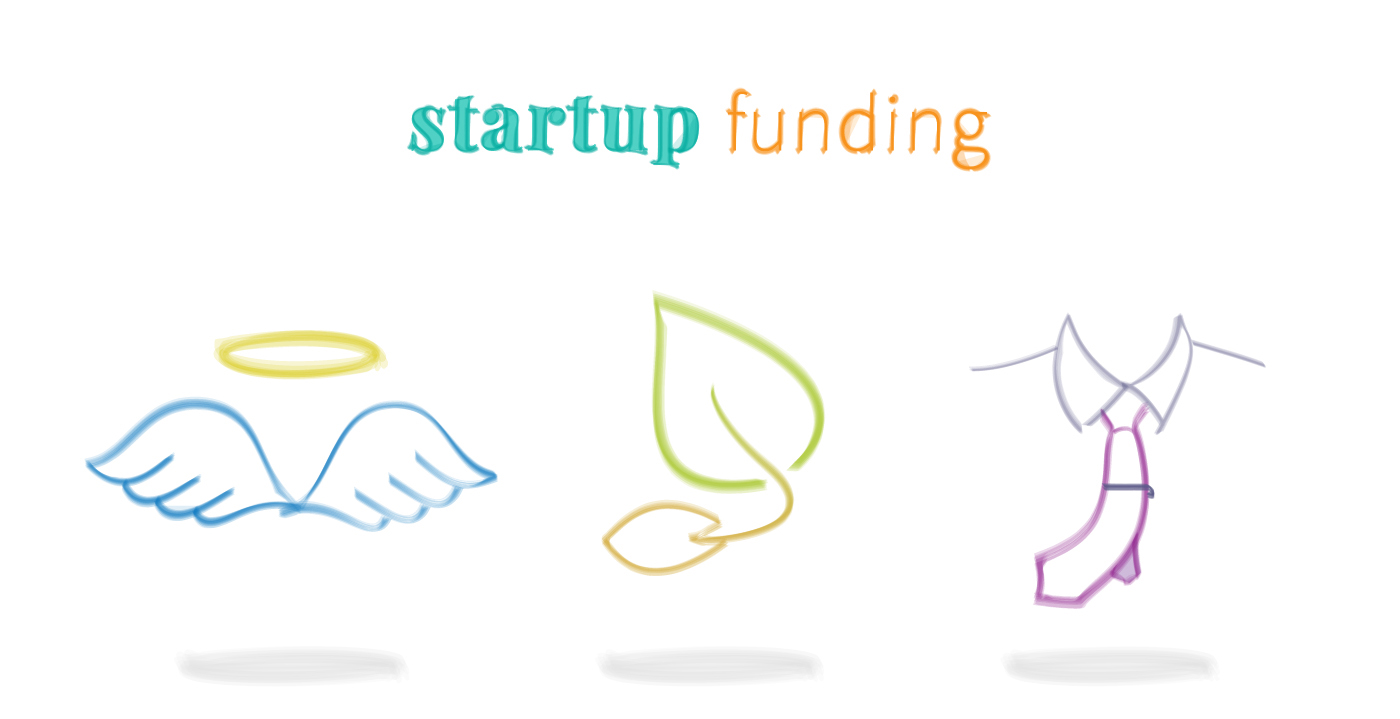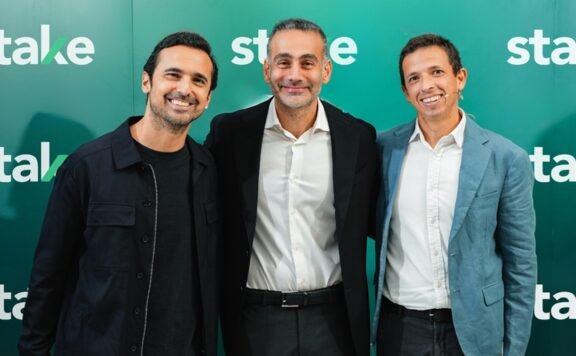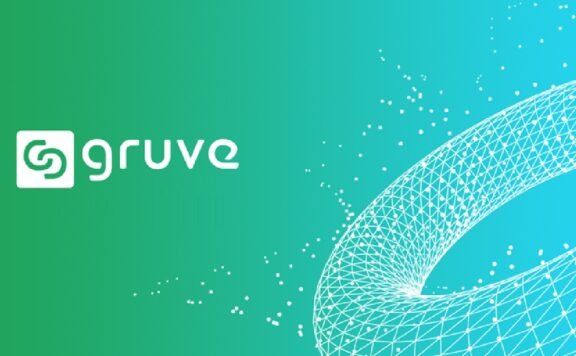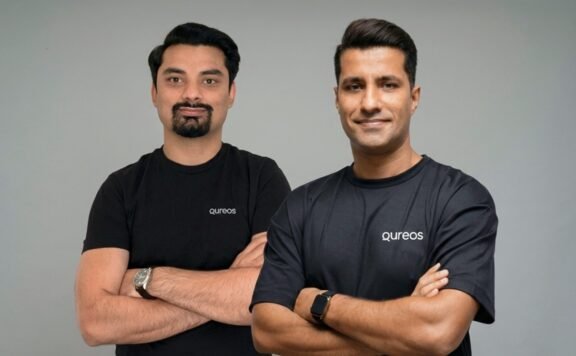Start-up accelerators invested nearly $200m in new ventures worldwide in 2015, according to a new report by Gust, an online platform to manage start-up fundraising, and Fundacity, a fundraising network.
The 2015 Global Accelerator Report, published this week, states that total amount of $191,999,757 was invested in 8,836 start-ups by 387 accelerators.
The reports further reveals that around $3.5 million was invested in 126 start-ups by 12 MENAT-based accelerators – in the Middle East, North Africa and Turkey, excluding Magreb countries.
The Middle East has the highest number of not-for-profit accelerators (49 percent) while most other regions are comprised of between 75 percent and 65 percent for-profit accelerators.
The Middle East is the only region with a higher share of nonprofit accelerators – accelerators that do not take equity and focus on industries with a specific public benefit, such as health tech and edtech, or on providing new opportunities for minority groups – than for-profit accelerators.
The report states that the UAE-based in5 Innovation Centre accelerated 70 start-ups, Turn8 accelerated 20 start-ups, while Lebanon’s the UK Lebanon Tech Hub and Speed BDD supported 45 and six start-ups respectively.
Flat6labs in Egypt and Saudi Arabia and Oasis500 in Jordan supported 44 and 26 start-ups respectively.
Much more than in the MENAT region has been invested by accelerators in the US and Canada, $90.3 million in 2,968 start-ups, while European accelerators invested $41 million in 2,574 start-ups last year.
During 2015, 77 new accelerators programmes were launched around the globe, with the most, 26, launching in Europe.
Europe has the total to 113 accelerators, which tops the 111 tracked in the US and Canada, where 15 accelerators opened last year.
Most of them are interested in investing in Internet of Things (75 percent), Big Data Analytics (65 percent), SaaS (65 percent), and Fintech (64 percent).
91 percent of accelerators rely on alternative revenue sources to start-up exits in order to operate in the short term, but 25 percent rely on start-up exits in the long term.
Europe has the highest number of accelerators that rely on funds through corporate sponsorship in both the short term (78 percent) and long term (64 percent).
In the US and Canada, 193 start-ups that came through accelerators got acquired or went public in 2015. In Europe, that number was 33.
For the 2015 Global Accelerator Report, Gust and Fundacity surveyed 836 organisations in North America, Europe, Latin America, MENAT and Asia, out of which 387 qualified as accelerators.
In the MENA region, out of 142 contacted organisations, 46 qualified as accelerators and shared their data with Gust and Fundacity.
The report is aimed at understanding how the accelerator industry functions globally, how accelerators are funded and monetised, while providing insights on the direction of the industry in the near future.





